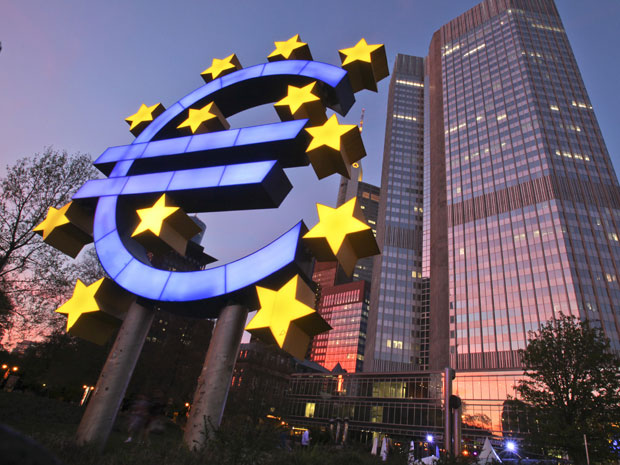Let Europeans Vote for EU Officials

In my column for The Week I explain why the European Union needs more democratic accountability:
The European Union is not a democracy because until now it has been regarded as an association of democracies. The institutions at the center of Europe existed to serve democratic governments, not to replace those governments.
When the euro currency was proposed back in the 1990s, opponents of the euro warned that different countries cannot safely share one money. Either the euro would crack up under pressure (as, say, the Scandinavian cracked up in 1914 after 40 years of Swedish-Danish cooperation) — or else the EU itself would have to evolve into a single polity.
Proponents of the currency pooh-poohed those warnings. Those euro advocates included not only the usual array of Brussels technocrats, but also America's own leading business newspaper, The Wall Street Journal.
Now the issue has been put to the test. The proponents were wrong. The critics were right. The euro now threatens to plunge Europe and the world into financial crisis followed by severe recession. Threatens? The crisis is here, and the recession may already have begun.
Again as the critics warned, there is no easy way back. Quitting the euro will be painful for the countries that go — and even more painful for the countries who stay. Banks will be ruined, governments will step in, taxpayers will be called upon. The technical term for the unleashed process is "adjustment," but that bloodless term really means unemployment, loss of savings, squeezed public benefits, higher taxes, and years of slow growth.
But to go forward toward a more integrated Europe — just as the euro critics warned, just as the euro proponents promised would never happen — is dangerous, too.
The most troubled countries in the Eurozone — first Greece, now Italy, soon Spain, potentially France — are seeing their local democratic decision-making subordinated to a remote bureaucracy elected by nobody at all.
Click here to read the full column.

